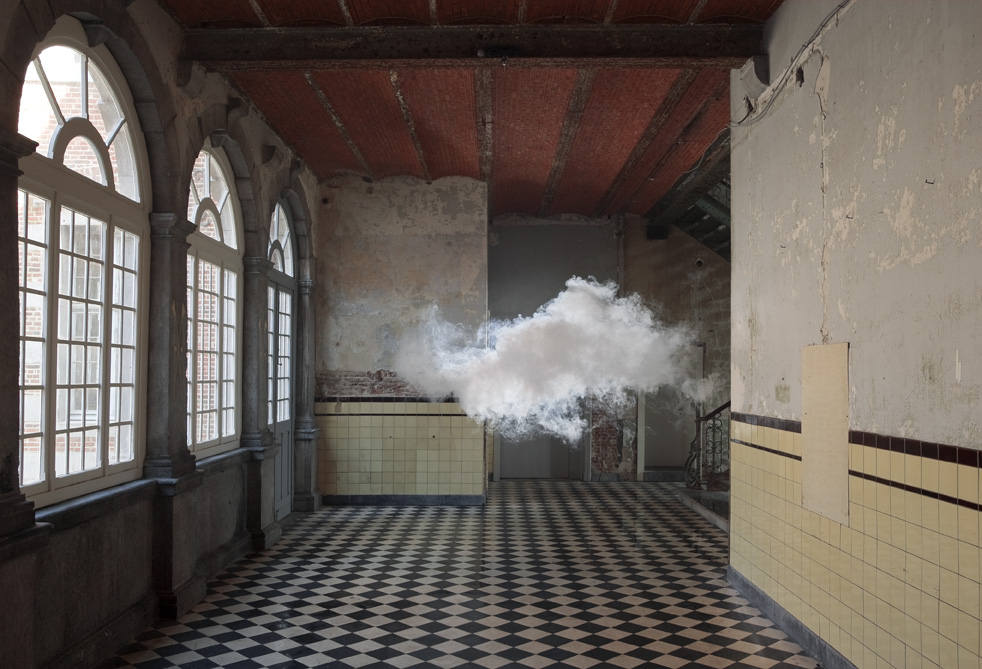By Ali Al Yousifi

I never realized how painful it would
be to move from one house to another until moving day came. Prior to that day,
I had naively assumed that I would simply pack my bags, load the cars, and
cheerfully drive off to the new residence, never again sparing a thought to my
previous lodging. But it wasn’t nearly that simple. As I walked from room to
room, trying to find all my scattered belongings, memories from the long
forgotten dusty archives of my mind became crisp and vivid.
A rickety table in the formal living
room reminded me of all the times I had played football with my brother where
we weren’t supposed to, often breaking chandeliers, ceramic vases, or table
legs; we would then proceed to hide all evidence of misconduct. Posters of
Mickey Mouse and Batman on the walls of my parent’s bedroom reminded me that my
first bed (shaped like the Batmobile) used to be under those very posters. A
small storage room in the basement reminded me of the countless hours I spent
there with my cousins, building and rebuilding mighty LEGO kingdoms where
knights, cowboys and ninjas lived side by side. The house that I had only
previously thought of as an inanimate object started to feel more like a member
of my family, and an inseparable part of who I am. How can it not be when the
most meaningful events of my life happened in, around, and because of it? What
made the moving experience more painful was my knowledge that by moving to a
new house I was abandoning this home for the barbaric oppression of a
bulldozer.
 |
| the central staircase |
This sudden emotional attachment to
the house, which I had never felt before, came to the surface as soon as I
fully realized that I will never live in that house again. But, I now
understand that even though I might not always feel the role my surrounding
built environment is playing in creating my memories and shaping who I am, it
nevertheless is. And that by understanding this memory-creating role of
architecture more deeply, not only will I become a more perceptive and
conscience inhabitant of architecture, but also a better designer of architectural
spaces, that will become arenas for other people to create memories of their
own.
After several months of living in the
new house, my father and I went back to our old neighborhood to visit one of
our previous neighbors. As saddening as it was, I couldn't resist a last visit
to my childhood home. It was being stripped to the core…
 |
| the kitchen |
 |
| the formal living room |
 |
| my parents' bedroom |
 |
| my bedroom |
This tour of a decrepit house, a few
weeks away from complete destruction, was more immersive and captivating than
any tour of a Classical temple or a Modernist masterpiece can be. This is
because architecture, for it to be engaging, has to be personal, and there’s
nothing more personal in the field of architecture than one’s home.











